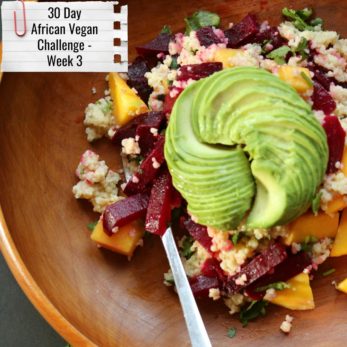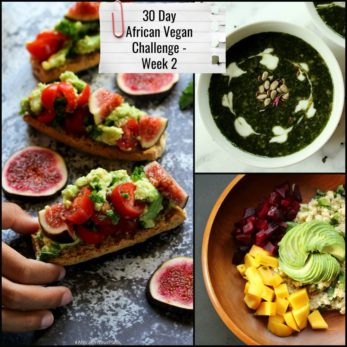The Okra, commonly known as ladies fingers, is an important vegetable in African cooking and plays a prominent role in African cuisines. Of all the native food crops in Africa, the Okra is one of the most prolific across the continent. Okra is eaten as a vegetable across most of West Africa and Southern Africa, and it’s most prolific use is in soups and sauces where its mucilaginous properties lends a slimy texture to the soup. Across other parts of Africa, Okra goes by many names; dongodongo in Congo, Bamia in Tanzania, and Nhaguguzire in central Mozambique.
The okra plant is an upright herb that grows to heights of approximately 2 metres, with heart-shaped and hairy leaves that are attached to a thick stem. Its flowers mature into fruit pods which are hairy, with a pointed apex and approx. 10 - 20 centimetres long. The pods contain numerous seeds which resemble peppercorns in size and are whitish in colour.
Across Africa, all parts of the okra plant are consumed as food. Although the pods are the most frequently consumed part of the plant, most other parts are edible as well. In parts of West Africa, the young leaves are added to soups and stews and cooked like spinach. And the dried seeds from within the pod are also frequently ground and used as a thickening agent across many parts of Sudan.
.
African Okra Nutritional Properties
In terms of nutrition, the okra pod is the perfect diet food. Low in calories, it contains approximately 20 calories per 100g of cooked okra, and high in fibre. The Okra pod also contains healthy quantities of vitamins C, A and flavonoid antioxidants which are essential for good vision. The Okra pod is also high in folates, which helps to decrease the incidence of neural tube defects in unborn babies.
Okra is highly recommended for weight loss programmes due to its low calorie and high fibre content. Okra is also widely recommended to help stabilise blood sugar in diabetics, because its mucilaginous properties and its high fibre content helps to slow the pace at which sugars are absorbed by the body.





